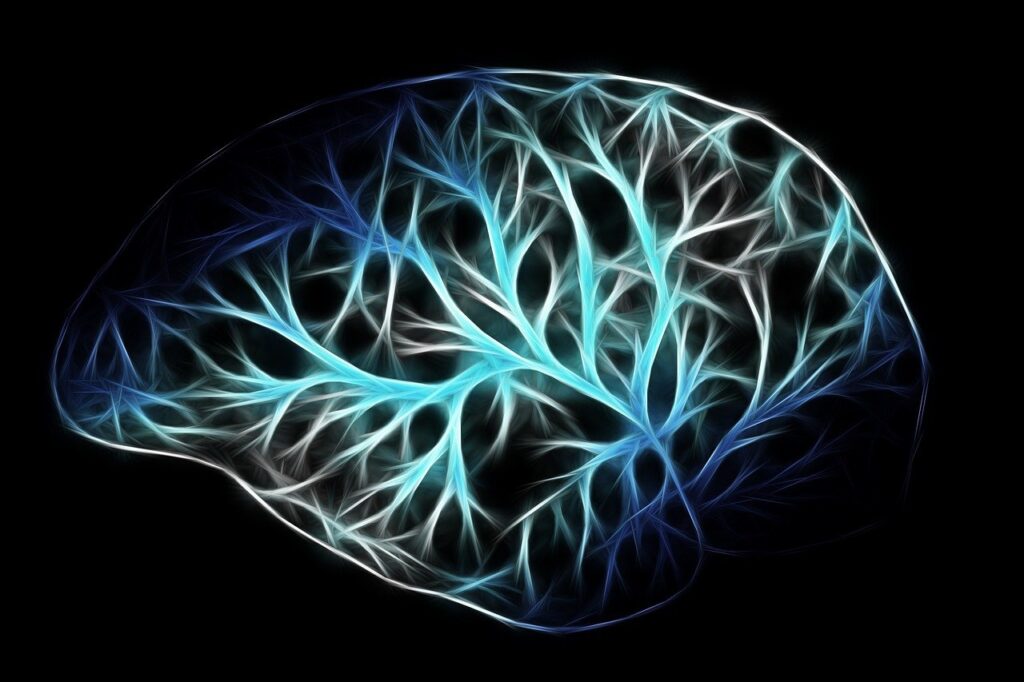
We frequently hear about executive functioning in the context of the critical skills we need to manage our lives and the problems that ensue if these are impaired. Research informs us that neurodevelopmental disorders – e.g. ADHD – as well as trauma and adverse childhood experiences (ACEs) can interfere with executive function.
But what is actually going on in the brain when it comes to executive functioning?
A Delicate Balance
Some of the core capabilities adults need to manage life include: planning, focus, self-control, awareness, and flexibility. There are in turn fall into two major categories.
Self-regulation – This helps us to employ the right skills at the right time, manage our responses to the world, and resist inappropriate responses. There are two types of self-regulation processes in the brain: intentional and automatic. It is the correct balance of these that ensures appropriately actions in various situations we encounter.
- Automatic self-regulation is our rapid, impulse-directed response. It is the “fight or flight” response that is needed for urgent or threatening situations.
- Intentional self-regulation is our conscious, planned and proactive response needed for achieving goals. Attention acts as the gate-keeper for engaging our intentional self-regulation by directing our focus toward specific things around us.
Executive function, which includes inhibitory control, working memory, and mental flexibility, is what makes intentional self-regulation possible. Executive function skills help us to keep track of our goals, focus on the steps needed to reach them, resist distractions, and find alternative approaches when the original plan doesn’t work out.
In any situation requiring a response from us, our automatic self-regulation system responds first It determines where the stimulus is coming from and initiates a first response. The attention system alerts the intentional self-regulation system, which quickly directs our attention system what it should focus on and prioritize. It also signals the automatic self-regulation system as to whether the initial response is the right one, or more careful thought is required.
These interacting systems can produce a spectrum of behaviors – from reactive or impulsive at one end to proactive or goal-directed at the other.
We develop our executive functioning and self-regulation capabilities beginning at about ages 3-5. The pre-frontal cortex whee they are governed develops connections with other areas of the brain and over time they are streamlined and made more effective. The full range of core capabilities, and the neural network that connects them, continues to develop into adolescence and early adulthood, with another significant increase in proficiency occurring between ages 15 and 23. Adults of all ages can continue to learn these skills through coaching and practice.
When Things Go Wrong
Stress or being in a chaotic environment can cause our self-regulation and executive function processes to break down briefly. individuals who experience continuous adversity are typically less able to use the skills they have to cope with challenging circumstances. Early in life, the experience of severe, frequent stress directs the focus of brain development toward building the capacity for rapid response to threat (“fight or flight”) and away from planning and impulse control.
In adulthood, significant and continuous adversity can overload the ability to use existing capacities that are needed the most to overcome challenges.
Research has shown that this has serious consequences throughout life.
- Serious early adversity and trauma can lead to higher levels of stress, higher risk of stress-related health difficulties and mood disorders, greater difficulty modulating and accurately appraising emotion, and compromised executive function abilities.
- Chaotic, threatening, or unpredictable environments that seem beyond our control can lead to poor self-regulatory behaviors and impulse control as well as a low sense of self-efficacy—the belief that one can be an agent in improving one’s life—which is an essential component of executing planful, goal-oriented behaviors.
- Highly rewarding substances such as food or drugs can hijack the brain’s attention system and cue more automatic responses rather planned, proactive responses.
- Poverty and homelessness can overload self-regulation, as a result of a the continual stresses associated with trying to survive without sufficient resources.
Our ability to act intentionally, plan and be proactive is part of an ongoing balance of our self-regulatory systems. If that balance is disrupted, it can be a difficult process to restore it.
Reference
- https://developingchild.harvard.edu/science/deep-dives/adult-capabilities/—
- https://www.ncbi.nlm.nih.gov/pmc/articles/PMC6732772/—
- https://www.rainbowrehab.com/executive-functioning/—
- https://edgefoundation.org/the-long-reach-of-childhood-trauma/—


